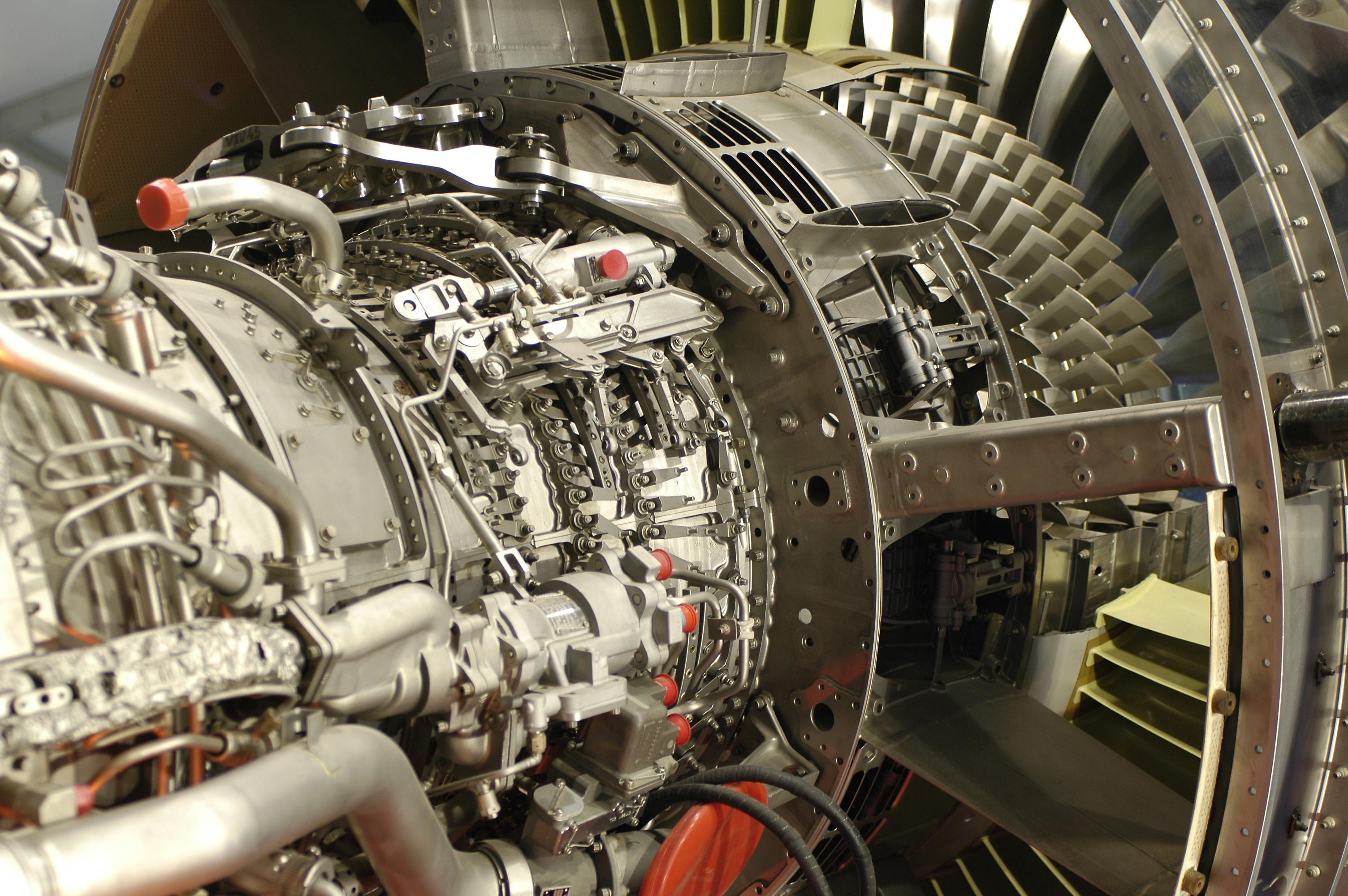
The MRO market will be smaller during the virus recovery. Will it also start to get more competitive? Cash-short airlines have maximum incentives to seek low-cost solutions. On the other hand, hard-hit OEMs will be eager to maximize their sales and marketshare.
A survey at a recent IBA webinar showed cautious optimism in two areas. When asked if PMAs and DER repairs will increase, 24% of respondents said yes, for older aircraft. Only 12% were unsure, and 5% said no. The majority, 59%, expect more PMAs and DERs, but only if lessors and financiers allow this shift.
Interestingly, according to this survey, OEM resistance to PMAs and DERs does not appear to be a major roadblock, at least directly.
Partly that may reflect steady airline pressures on OEMs and the reforms highlighted in the IATA-CFM settlement with CFM and GE. Daniel Kanter, IATA’s chief counsel for antitrust, describes compliance with the settlement as, “so far, so good.” There have been no complaints or requests for arbitration made to the settlement’s trustee, and Kanter says IATA has developed a solid relationship with CFM.
IATA expects a similar agreement with another engine OEM by the end of the year. Kanter says this deal might have come already, except for the distractions of the virus crisis. His association is still working on a settlement with Honeywell. “Honeywell is high on the agenda.” And IATA is discussing a broad code of conduct with all major airframe, engine and component OEMs.
“Non-discrimination is the key,” to the prospective code, Kanter explains. He wants airlines to be able to use PMA parts without penalty.
Building on the CFM agreement, IATA has developed a list of points involving equal access to parts, repairs, support and non-discrimination for customers as part of a broad code of conduct with other OEMs.
Meanwhile, not all are convinced that OEMs are moving toward more competitive policies. Glen Stevenson is director of Component Recovery Solutions, whose core business has been part sales, loans and exchanges for the Airbus A320 family and Boeing 737NGs. Stevenson recently complained to the UK’s Competition and Markets Authority about what he sees as OEMs’ anti-competitive behavior. “The post-virus aviation economy is likely to be dominated only by state-subsidized airlines, aircraft manufacturers and associated OEMs unless urgent action is taken,” he predicted.
Stevenson’s complaints include familiar charges against OEMs: withholding or restricting access to component maintenance manuals; excessive pricing of these CMMs; withholding technical data; withholding, delaying or overcharging for parts; replacing piece-part repairs with component repairs; restricting software: and allowing only one delegation letter per airline, per vendor.
This is a competing supplier’s view, not necessarily the view of an airline. But aftermarket suppliers often see competitive problems sooner and in more detail than airline customers.





